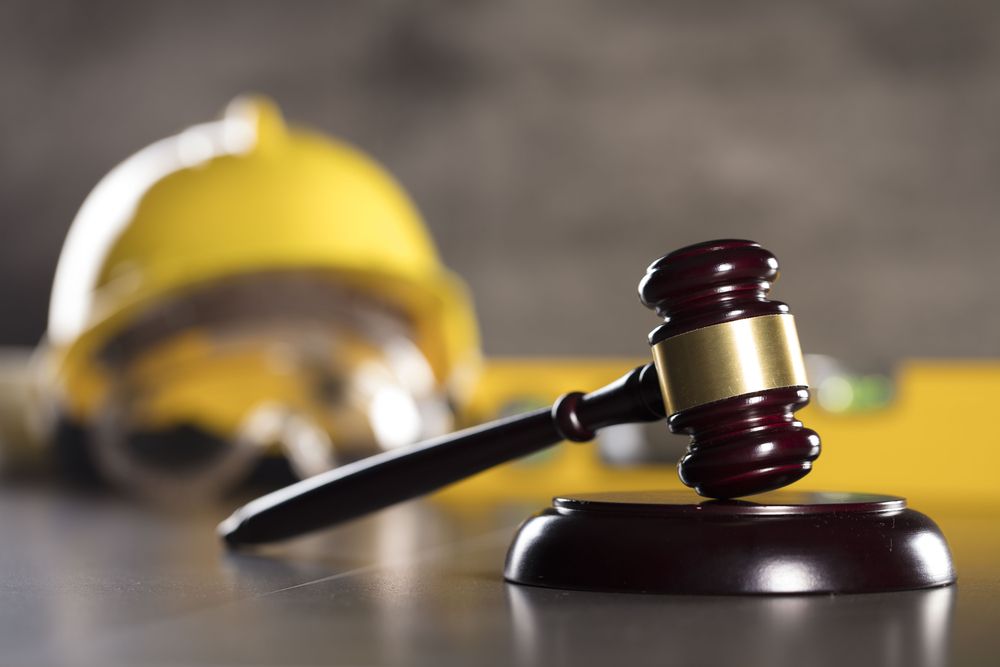Florida Finally Ends the Daubert VS. Frye Debate on Experts
Florida’s newly re-constituted Supreme Court ended years of legislative and judicial maneuvering when it suddenly adopted the Daubert standard for admission of expert testimony.
Based on the Court’s adoption of the Daubert standard, parties offering expert testimony will have to meet stricter standards for admission of testimony than had been historically required under Florida law, which previously allowed for experts to be qualified essentially on experience alone under the Frye standard. Now, parties will have to establish that an expert’s opinions are based on sufficient facts/data and application of reliable principles/methodologies to such facts/data.
The practical effect of this change has not yet been established through Florida case law, but it is likely to result in courts limiting the testimony of experts attempting to rely solely on experience as the basis for their opinions. It is also likely to change the way litigants approach preparation of their experts’ opinions. (READ MORE)
On May 23, 2019, without case or controversy, the Florida Supreme Court formally adopted the Daubert standard. This ended a six-year battle between lawyers, the legislature and judiciary over the applicable standard for expert testimony in Florida.
Florida had applied the Frye standard for expert testimony, typically a more plaintiff-friendly standard, until 2013. The Florida Legislature then passed legislation adopting the Daubert standard, typically a more defense-friendly standard, which became Florida Statute Section 90.702. This sparked a debate among lawyers and the judiciary as to whether the statute was constitutional as it potentially superseded the Legislature’s authority to impact procedural issues in the court system. In 2017, the Florida Supreme Court elected not to adopt the Daubert standard as procedural rule and left the determination of the constitutionality of the Daubert statute for a later case or controversy.
The first case that reached the Florida Supreme Court on the issue was DeLisle v. Crane Co., a tobacco case where the defendants challenged an $8 million judgment after a trial court denied a Daubert challenge to the plaintiff’s experts. In October 2018, the Florida Supreme Court held that the Daubert standard did not apply and that admissibility of expert testimony in Florida was still governed by the Frye standard. In its opinion, the Court stated that the Court has been constitutionally provided its exclusive rulemaking authority for judicial procedure and the Florida legislature has the authority to create substantive law. The Court found that since the standard for admitting expert opinions was procedural in nature, the 2013 legislative adoption of the Daubert standard was a constitutional encroachment on the Court’s rule making authority.
About 3 months of the DeLisle opinion, the Florida Supreme Court was re-constituted with 3 new justices appointed by Florida’s new governor. About 7 months after the DeLisle opinion, the newly constituted Florida Supreme Court took the somewhat extraordinary step of adopting the Daubert standard as a procedural matter without any case or controversy before it.
Following this decision, there has been much speculation about the motivations of the Florida Supreme Court and whether this sudden decision was meant to serve as a signal of the Court’s inclination on other issues. In another new development, 2 of the 3 newly appointed judges that led to the sudden adoption of the Daubert standard have just been appointed to the United States Eleventh Judicial Circuit of Appeals. The impact of those appointments on the 11th Circuit’s ongoing review of issues concerning construction claims will be something to monitor moving forward. In the interim, the same governor that appointed the 3 judges who adopted Daubert will be charged with appointing their replacements on the Florida Supreme Court. This dynamic of the continually changing Florida Supreme Court will no doubt have other impacts on construction claims.



